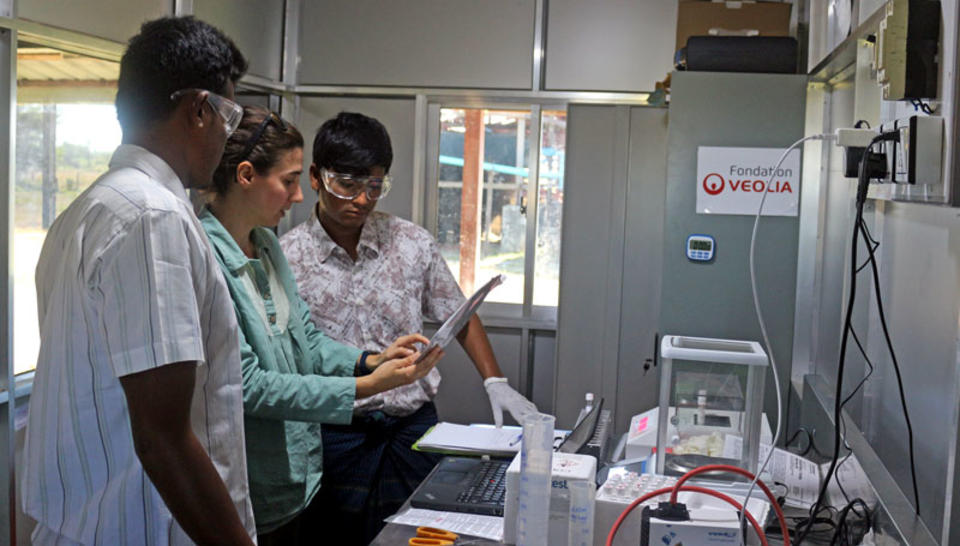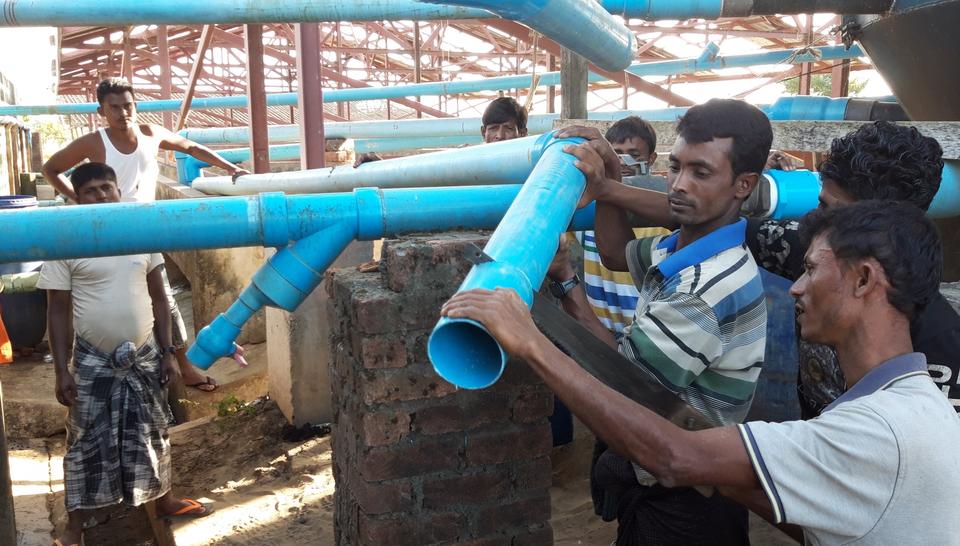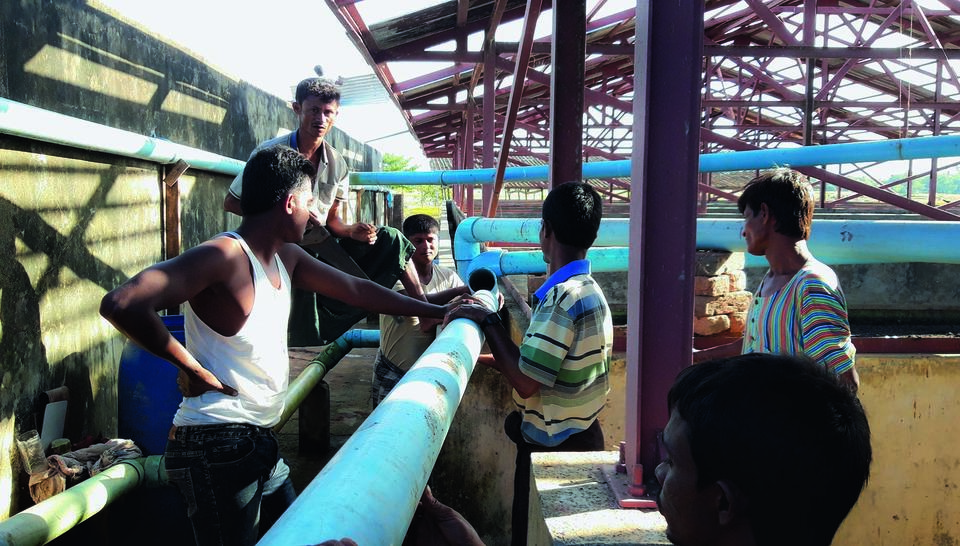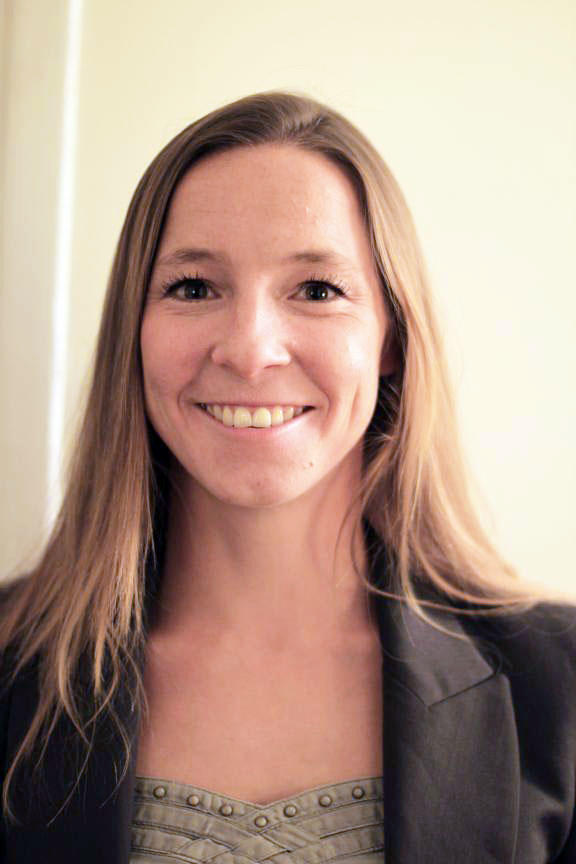Settling a population in the precarious conditions of a camp involves managing many essential and life-sustaining services. Wastewater treatment is one of these: although it is rarely the most visible, sanitation is nevertheless essential in limiting the pollution of refugees' direct environment.
Assisting groups of refugees, and displaced or persecuted persons inevitably involves providing shelter and access to essential vital services: food security, drinking water, wastewater treatment, medical support, etc. When the United Nations Refugee Agency (UNHCR) and the humanitarian community are involved in setting up camps, all these issues have to be addressed to ensure the immediate (food, water, medical) and future (sanitation) survival of the people concerned.
Treating wastewater, or more commonly, faecal sludge from communal latrines, means eliminating the pathogens and pollution with which the sludge is naturally laden before it is discharged into the natural environment. However, poor management leads to contaminated water returning into the ecosystems, a pollution factor that has a very lasting impact on health, nutrition and the environment. It is estimated that every year 1.8 billion people are at risk of contracting diseases such as diarrhoea, cholera, dysentery or poliomyelitis as a result of drinking water that is supposedly drinkable but is in fact contaminated by faecal matter.
Solidarités International, an NGO working in many international fields, has experienced this in Sittwe, Myanmar. Since 2008, it has been working with many different players to improve the lot of displaced families in the west of the country. In the former Burma, which became the Union of Myanmar in 1989, internal conflicts between Muslim and Buddhist communities broke out in 2012, resulting in the displacement of more than 140,000 people. These conflicts intensified in 2017, leading to the flight of 740,000 Rohingya, Myanmar's Muslim minority, to Bangladesh.
Today, several tens of thousands of Rohingya still live in camps in Rakhine State, one of the poorest in the country, and are regularly exposed to natural disasters. In Sittwe, the camps have become permanent and a treatment plant has been set up to centralize and treat the sludge from 4,000 latrines. The objective is to prevent untreated water from infiltrating the soil and the water table, which is particularly high during the rainy season.
Since 2018, the Veolia Foundation has been working with Solidarités International to optimize and adapt the plant's capacity. A first mission in late 2018 led two Veoliaforce volunteers to spend three weeks on site to set up an analysis laboratory designed to understand and, ultimately, improve the operation of the plant. The collaboration continued throughout 2019, with experts from the Veoliaforce network being made available to study areas for improvement because the plant particularly needs to double its capacity.
Treating wastewater is a cross-cutting issue that concerns both the safety of the population and the protection of the environment. The goal is to eliminate the pathogens contained in this water (which present a risk to the population) and reduce the concentration of certain compounds naturally present in the water but which present a risk to the environment.
TESTIMONIES
“From longstanding emergencies...”
Arthur de Saint-Hubert, Veoliaforce volunteer on mission to Myanmar (March 2020).
“Combining expertise to find solutions.”
Nathalie Vigneron-Larosa, Veoliaforce volunteer on mission remotely (September - October 2019)
First missions at the end of 2018
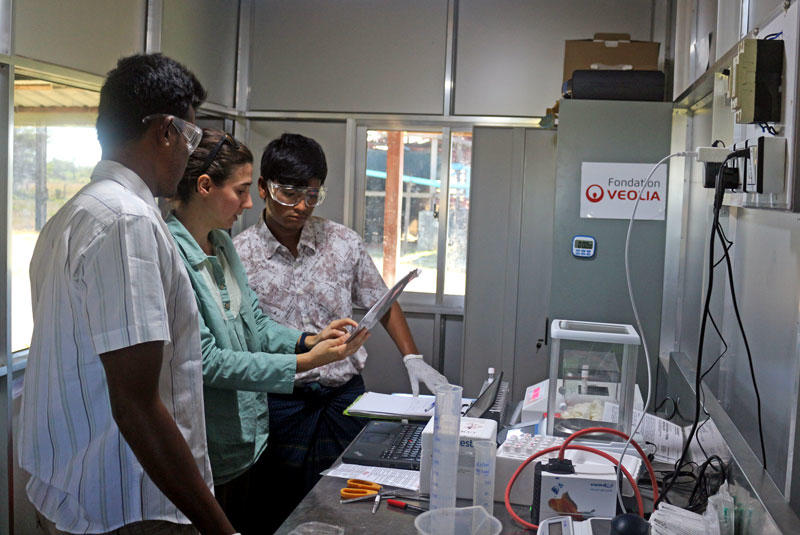
At the end of 2018, the first Veoliaforce expert missions were carried out in Myanmar. Romain Verchère (Veolia Water Technologies, VWT) and Elettra Balboni (Veolia Industries Global Solution, VIGS) had installed an analysis laboratory designed to improve plant operation.



